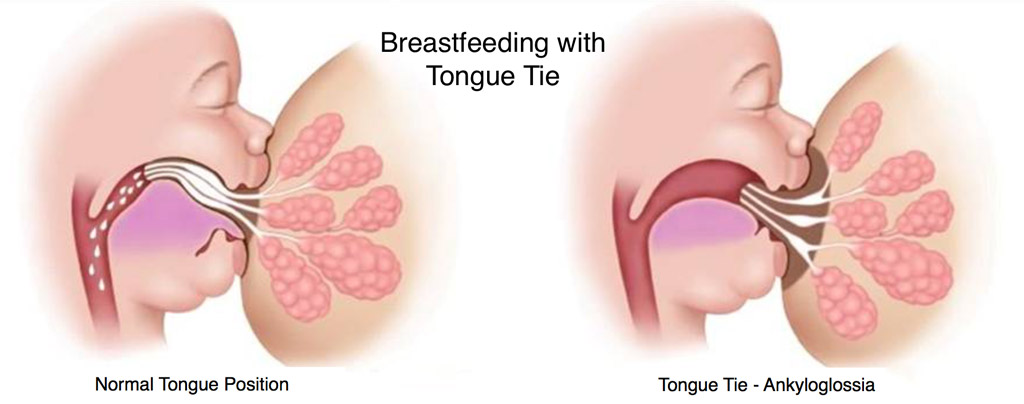Are you experiencing a dull ache or sharp pain in your tooth? It sounds like you may have a toothache! Toothaches have several underlying causes that may be causing you discomfort.
Your teeth have several layers and connections to nerves that can cause you to feel pain. Teeth are highly sensitive to temperature and infection they are left exposed from decay or damage. Inflammation will occur to protect your mouth, but if it persists too long, it can result in damage and even worse pain.
When should you see a dentist about a toothache immediately?
You should see a dentist if:
- Pain persists
- Inflammation increases
- Swelling occurs around face or jaw
- Redness occurs around the gums
- Bleeding gums
- Fever, earache, or pain in mouth
- You’ve suffered a recent trauma to the mouth or face
- Dry eyes or mouth
- Feeling unwell due to tooth pain
Most people avoid the dentist as much as possible, but if your toothache persists, you should consult a dentist about your symptoms immediately. Dentists are trained to help alleviate your pain and discover the root causes that may have started the pain.
What if you can’t see your dentist straight away?
Make an appointment as soon as you can, and in the meantime you can try:
- Using a cold compress and pressing it against where the pain persists.
- Calling your dentist and ask them about pain relief methods you can try while you wait for an appointment
- Paracetamol or ibuprofen pain relief medicines (aspirin is not recommended as it can increase bleeding in the area)
- If the pain is unbearable, consider seeing another dentist in your area for an emergency evaluation
What is causing your toothache?
Toothaches can be caused by several different factors, some of the most common causes are:
Breakdown of tooth enamel
Breakdown of your tooth enamel exposes the nerve endings in your teeth which can lead to sensitivity and pain. Unlike skin, a tooth is unable to create new cells to heal the exposed area. It will take the care of a dentist to evaluate a toothache for long-term relief.
Tooth decay
Toothaches as a result of tooth decay can occur from the amount of acid-producing bacteria in saliva. Saliva balances acids from foods you intake and clear bacteria from your mouth. Without proper saliva levels, tooth decay can occur at a faster rate. Scheduled visits to your dentist are recommended to prevent further tooth decay.
Gingivitis
Gingivitis is a result when too much plaque builds up on your teeth. As a result, it can cause bleeding of the gums, and eventually lead to gum disease.
Sensitive teeth
Some people are more prone to sensitive teeth, which can make cold beverages or food cause discomfort.
Other causes of toothaches include:
- Loose fillings
- Dental abscess
- Cracked tooth
- Pulp friction
- Sinus infection
How can you prevent a toothache?
You can help prevent toothaches by:
- Brushing with fluoride toothpaste and water twice a day
- Flossing daily
- Using a soft toothbrush that doesn’t irritate your gums
- Limiting your intake of food and drinks containing sugar
- Rinsing your mouth after eating
- Regular checkups with your dentist
- If you’re a smoker, quitting or cutting down






